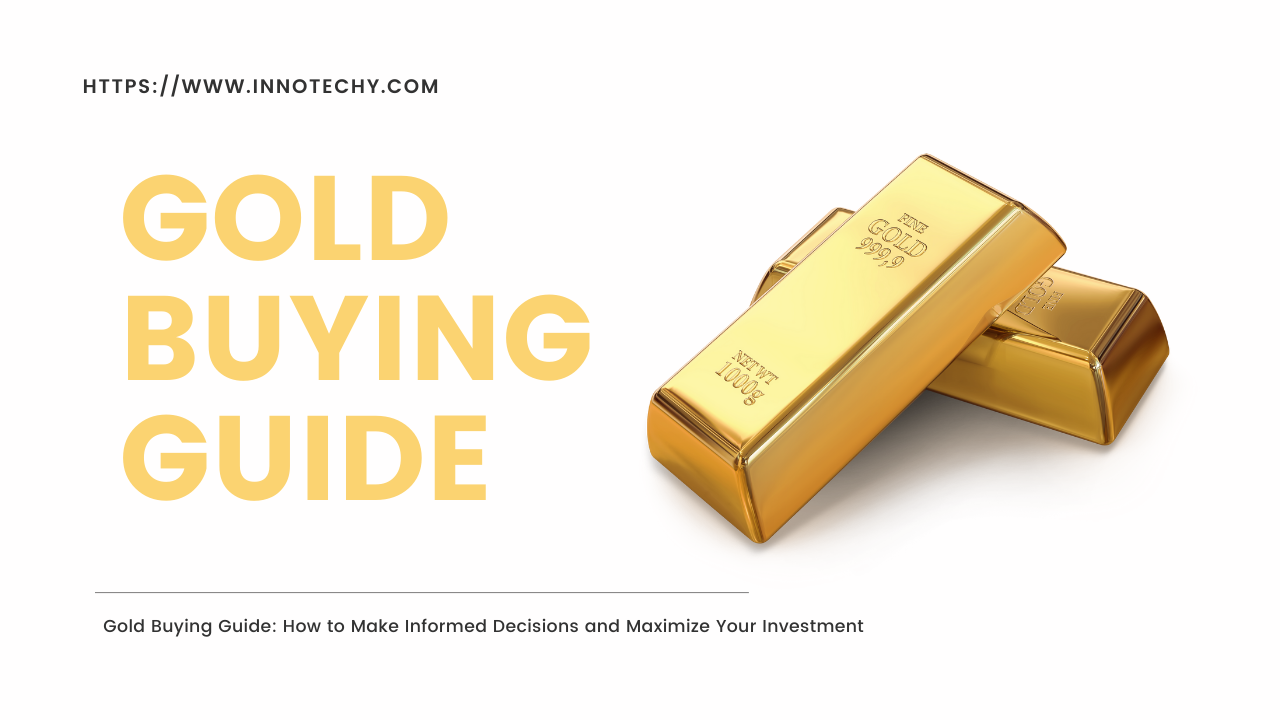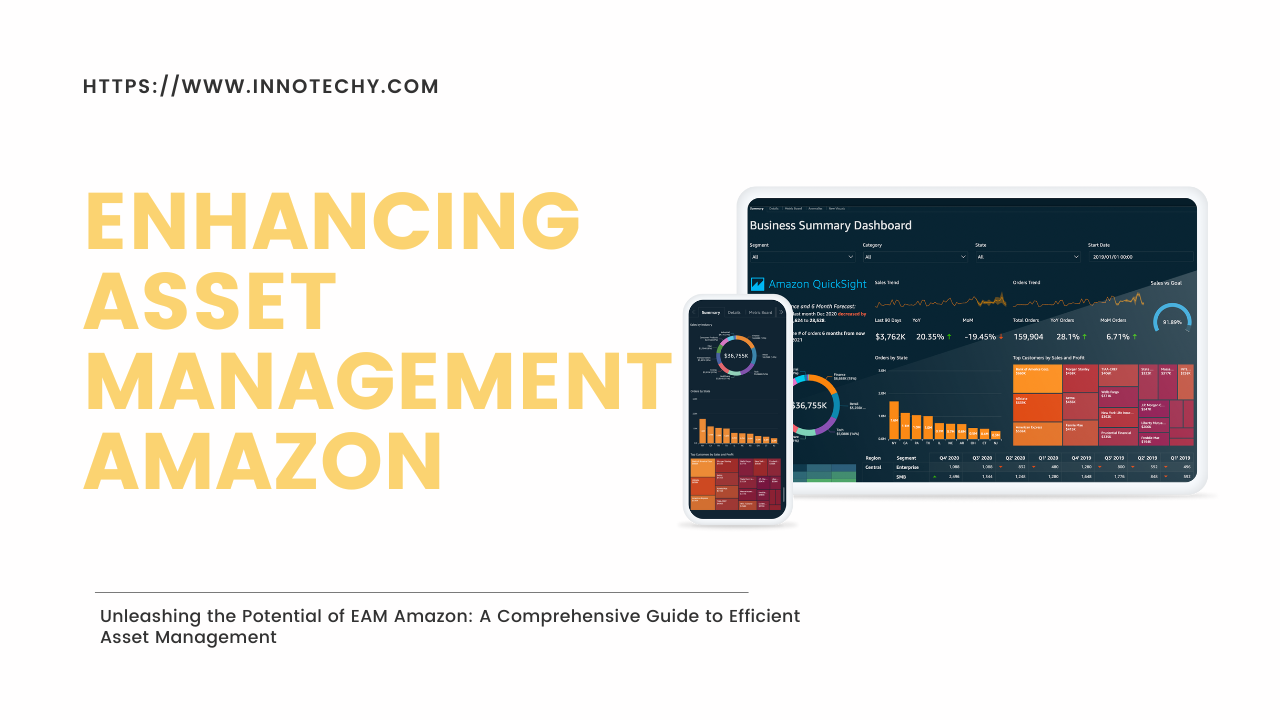Gold Buying Guide
Gold, often referred to as the “king of metals,” has captivated humans for millennia with its lustrous beauty and inherent value. While gold has been used as currency and a store of wealth throughout history, it continues to hold significant appeal for investors in the modern age. If you are considering venturing into the world of gold investment, this comprehensive buying guide will equip you with the knowledge you need to make smart decisions and optimize your investment strategy.
Why Invest in Gold?
Before diving into the nitty-gritty of gold buying, it’s essential to understand why this precious metal remains an attractive investment option. Gold offers several unique advantages, including:
Diversification: Gold acts as a hedge against economic uncertainties, political instability, and fluctuations in traditional financial markets, providing diversification for your investment portfolio.
Inflation Protection: Gold tends to hold its value during inflationary periods, safeguarding your wealth against the eroding effects of rising prices.
Liquidity: Gold is globally recognized and easily convertible to cash, ensuring you can access your investment when needed.
Safe Haven: During times of economic turmoil, investors often flock to gold as a safe-haven asset, driving its value higher and providing stability to your portfolio.
Forms of Gold: Which One is Right for You?
When it comes to purchasing gold, several forms are available, each with its characteristics and purposes:
Physical Gold: This includes gold bars and coins. Gold bars are typically available in various weights and purities, making them a popular choice for serious investors. Gold coins, on the other hand, are not only an investment but also hold numismatic value for collectors.
Gold ETFs: Exchange-Traded Funds (ETFs) allow investors to buy shares representing physical gold held by the fund. Investing in gold ETFs provides an easy and cost-effective way to gain exposure to gold’s price movements without owning physical gold.
Gold Mining Stocks: Buying shares of gold mining companies enables investors to participate in potential profits from gold extraction. However, this form of investment carries additional risks associated with the mining industry’s performance.
Gold Futures and Options: These are contracts to buy or sell gold at a predetermined price in the future. They offer speculative opportunities but require a deeper understanding of the commodities market.
Where to Buy Gold
When buying gold, it’s crucial to choose a reputable and reliable source to ensure the authenticity and quality of your investment. Here are some common avenues for purchasing gold:
Authorized Dealers: Locate authorized dealers who specialize in selling gold bullion or coins. Verify their credentials and reviews from other customers before making a purchase.
Online Retailers: There are several reputable online platforms that offer a wide range of gold products. Look for secure websites with encryption to protect your financial information.
Auction Houses: For rare or collectible gold coins, auction houses can be an exciting option. However, exercise caution and set a budget to avoid overspending.
Gold ETF Providers: If you prefer investing in gold ETFs, choose established and well-known providers with a solid track record.
FAQs About Gold Buying
Is gold a good investment for the long term?
Yes, gold has demonstrated its ability to preserve value over the long term, making it a suitable investment for diversification and wealth preservation.
What factors influence the price of gold?
Gold prices are influenced by various factors, including economic conditions, geopolitical events, central bank policies, and demand and supply dynamics.
Should I buy physical gold or invest in ETFs?
The choice between physical gold and ETFs depends on your investment goals, risk tolerance, and preferences. Physical gold offers tangible ownership, while ETFs provide liquidity and convenience.
How do I verify the authenticity of gold products?
For physical gold, look for reputable dealers who provide proper documentation and certificates of authenticity. Research the product’s details, including weight, purity, and design.
Can I store gold at home?
While some investors choose to store small amounts of gold at home, it carries security risks. Consider using a secure vault or a bank-safe deposit box for larger holdings.
Is gold taxable?
Tax regulations regarding gold vary by country and region. Consult with a tax advisor to understand the tax implications of buying, owning, or selling gold in your jurisdiction.
Conclusion
Investing in gold can be a rewarding endeavor if approached with careful consideration and understanding. As you venture into the world of gold buying, keep in mind the various forms of gold available, the reputable sources for purchasing, and the factors that may influence its price. Whether you choose physical gold or opt for investment vehicles like ETFs, the key is to make informed decisions aligned with your financial goals. With the insights provided in this gold buying guide, you are now equipped to embark on your investment journey with confidence and maximize your potential for long-term prosperity. Happy investing!





